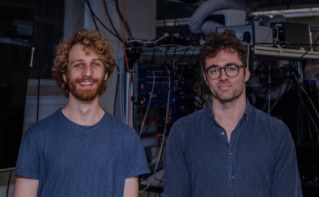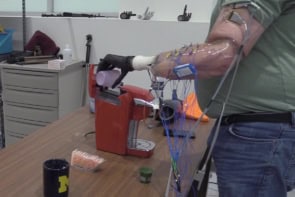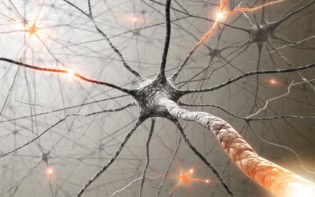Samira Musah is a researcher with an intriguing goal – to recreate a human kidney on a chip. A bioscientist by training, Musah is now part of an interdisciplinary team of researchers at the Wyss Institute for Biologically Inspired Engineering in Boston. Human Organs on Chips takes you inside the lab to find out more about this futuristic technology, which could lead to personalized drug development.
“It’s extremely exciting to be able to interact with people from so many different backgrounds,” says Musah. “This project has engineers, physicists, chemists, biologists and developmental biologists. And I think that working together with this team is really what makes this kind of work possible.”
Founded in 2009, the Wyss Institute specializes in developing real-world products from fundamental research. Inside the Wyss, scientists work alongside commercial and legal specialists, translating ideas from the lab to the marketplace. “We bring in expertise based on wherever the need is,” explains Institute founding director Don Ingber. “At the Wyss, we have the freedom to ask: what are you really excited about? What do you think could have really big impact?” Ingber explains the Wyss philosophy in this Q&A from the Physics World special report on physics in the US.
Human Organs on Chips is the final film in our “Faces of Physics” series, a collection of short films about the lives of people working in physics, exploring their motivations and the impact of their work. By telling personal stories, we hope to show that physics is an ordinary activity that can lead to an extraordinary array of careers. It follows these earlier films in the series:
To find out more about the social side of physics, you can also still access the March 2016 issue of Physics World, a special edition about diversity issues in physics. Find out how to access that issue here.



